Beyond Banks Podcast Transcript
Jordan Hansen (Host): Welcome to the Beyond Banks Podcast. This is where we talk to leaders that are transforming small business funding across all of the nation with all different kinds of technologies. I'm your host, Jordan Hansen. My guest is Justin Leto, a practicing attorney who identified a critical gap in the legal industry and turned it into not one, but two groundbreaking businesses as a trial lawyer who understood firsthand the financial risks of advancing case costs with no protection, they acquired level insurance and rebranded to level Esq offering the first and only insurance product protecting plaintiff attorneys from losing the thousands, sometimes hundreds of thousands. They invest in their cases from courtroom to boardroom. Justin's stories showcases how specialized knowledge and identifying unmet needs can create entirely new business categories. Let's dive in.
Jordan Hansen: Justin is the CEO and founder of Idea Financial. Yep. And Level Esq, both and Level Esq, and then we're gonna get into both of those. Now, idea Financial is a working relationship I have with him. I'm really excited to learn more about your journey where you're going on now. Justin, you are a lawyer. Right. Do you have the JD from US and Miami? No?
Justin Leto: I'm a lawyer. I've been practicing, I'm licensed in the state of Florida and the federal courts since 2003. So, and I have my own law firm from 2009 till present. So I still am a practicing lawyer, but most of my work is in the commercial finance and legal lending space.
Jordan Hansen: Okay, so it started out you got your law degree and that's not the, the, the interesting thing is when I see someone's story like yours is, it's not like that's a lot of work. It's like, you know, most people that get into entrepreneurship and you own multiple businesses, they don't normally start from like, I'm gonna spend 10 years working on my education and then go into business. So tell me that, what made you change your mind to think. Maybe not change your mind, but your main focus is not law right now, so well what, yeah, take me down that path.
Justin Leto: No, I'm sorry. I didn't mean to interrupt, but it, I, I was practicing. I started my practice in 2003 doing defense work for medical malpractice cases, which I was never much into science, but it sort of found me. And then in oh five I switched to becoming a plaintiff's lawyer, which I did from all of my career there. Thereafter, mostly trial work, catastrophic injury, medical malpractice, and then commercial work too. I did some business to business banking litigation. I had my hands in a lot of different areas of subspecialty. But during that period of time, in about 2011, 2012, I met my business partner, Larry Bauch, because I was sharing office space with a larger firm that he was working for, and he knew I was putting out my own money and financing my own cases. And he asked me if there was any way that I could protect that risk and. There wasn't at the time, there was no insurance to cover. And just to give your listeners a little bit of understanding, plaintiff lawyers all advance the costs for their cases and if they lose the case, they don't make any money and they lose all the money that they've advanced for. Experts filing fees, deposition transcripts, travel, that's all outta your own pocket. And there was no way to protect that. So we. Invented, and I kinda wanna give some, some
Jordan Hansen: color. Here is like, right, someone that's not in the legal space. And we talked about this with Joe and I immediately, as soon as he talked about it, uh, this is in our episode that we talked about previously with Joe. I understood how much Val, how Val valuable this would be 'cause these cases could last. How long can these cases last when you go to trial? Months, six months, no years. Years. You know,
Justin Leto: the average case in the federal system lasts about 25 months. But there's some cases that last 4, 5, 6 years, I tried a case that was 11 years old. Uh, so yeah, these cases can last a very, very long time.
Jordan Hansen: And so you're paying, meanwhile, like you said, you're financing it yourself and easily we're talking tens, hundreds of thousands of dollars possibly.
Justin Leto: It depends on the case. Yeah. I mean like your average auto case, five to 10 grand. Mm-hmm. Your average medical malpractice case, 50 to 150. Your products liability case, 75 to 350,000. I mean. The cost can get really, really significant and But the return is there. So it's an investment, obviously. Yeah. If you make it,
Jordan Hansen: it works, but only that you have to carry it. So if you think like smaller firms, that that could be a complete barrier to them, couldn't it? Like
Justin Leto: Well, yes and no. So one of the things that level insurance, which is what our insurance product that we invented was setting out to do, was to create some parody within the legal space. 'cause when I was practicing on my own, I would oftentimes bring in another lawyer that had more money than me. They wouldn't do very much work, but they would help finance the case and then that would protect me on the risk side and on the finance side, and I would give them a significant portion of the fee and they would do very little. Uh, but that was what I needed, had to be able to litigate those cases. So level insurance was designed to allow for lawyers to be able to either borrow the money at a cheaper rate or use their own money with the understanding that if they lost the case at trial and they had that insurance, then they would be able to get all the money that they invested back. They'd make no fee, but at least they wouldn't lose all the cash that they invested. And that was our invention. And it today is still the only insurance that exists that protects plaintiff lawyers in that respect.
Jordan Hansen: Oh, that's such a good idea. And and that's the name, right? That, that that's why you had the name levels that because of parody between like the bigger firms Yeah. And someone smaller.
Justin Leto: Originally, we called it litigation cost protection, and sometimes people refer to it as LCP. That was like its original trade name, but when we branded it, we wanted to make it more of a company and less of a product. And so level insurance was exactly that. It's designed to level the playing field for plaintiff lawyers, so A, they can afford to take that risk. And B, the insurance companies that are oftentimes the ones that we're litigating against, that are defending the, the defendants or paying for the defendant's costs. They have unlimited resources. So this gives a way for us to be able to, to, to get some sort of, of parity and equality with them.
Jordan Hansen: Right now, from my point of view, this seems like a no brainer. Is there any reason a lawyer wouldn't want this ever? Like it seems like there, I can't imagine, unless you have the pockets, but even a bigger firm, it seems like they wouldn't want to float that cost.
Justin Leto: Well, the, the thing about lawyers is that they are creatures of habit. And forever. Lawyers have always just advanced the costs on their own and kept rolling that money from case to case to case. So as with anything, when you're teaching a new behavior, it isn't always very easy to do that. So you have to, this is a product that never existed, and so we had to educate the market as to what it was, what it did. We had to answer all types of questions from a very already speculative consumer like lawyers already they're known for asking questions and trying to find problems. So we had to educate them as to why this was something that was worthwhile. And it's taken time. But the adoption has gotten more and more significant over time. And it's primarily because if one guy does it and hears about it and then somebody else hears about it, they wonder why they're not doing it. And that's how you get that the, the little bit more critical mass,
Jordan Hansen: the word of mouth go in there.
Justin Leto: Yeah. That's the best way to market it. 'cause lawyers, like I said, not only are they creatures of habit. But they tend to look to other lawyers to find out what the innovations are and they don't wanna miss the boat. So if they hear somebody who's doing something different and innovative, they oftentimes wanna do it themselves.
Jordan Hansen: Yeah. And then level. Now when did it start?
Justin Leto: The concept started in 2011. That was the first conversation that we ever had about it. But it took years 'cause we had to do an actuarial study. We had to get an insurance company to back it. And insurance companies, they liked the product, but they were also very skeptical because no one doing it. They typically, not only that, but they were the ones who were on the other side of the plaintiff. So they didn't wanna emboldened plaintiff lawyers and they felt that that was like, it, it was a natural conflict. Even though it wasn't a real conflict, they felt that a conflict existed just theoretically because they, they weren't used to being on the plaintiff side of the V, so to speak. Yeah. So it took a little bit of work to get a carrier that would agree to do that.
Jordan Hansen: And you license, you, I mean, you, I don't know if it's you or, or your people that work at level. You guys are, must be licensed in every state. Is that correct? We are, yeah. We're lic.
Justin Leto: Larry and I, my business partner and the company are licensed insurance agents in all 50 states. And then we have some employees that work for us who are licensed as well. 'cause you can't sell insurance without a license.
Jordan Hansen: Yeah. Uh, and do you have, I I, I, again, this is me, I'm, I'm somewhat familiar with the insurance agency, but not, or insurance industry, but not like fully. Are there brokers, do you have brokers that are selling your product or are you kind of like the broker? Well,
Justin Leto: we, well we are an agent. Agents are, it's another word for brokers, an insurance agent, and we could have sub brokers helping to sell the product, and we've experimented with it in the past. The problem that we have found is that our customers have a, an expectation that they're going to have questions answered right away. And typical insurance brokers, no disrespect to them, but they're not practicing lawyers like I am. So when it comes to some of the minutiae and some of the specifics, they just don't know. Like if I, if somebody were to ask me like how this were to apply to a certain fact pattern, I could answer it, but an insurance agent might not have the requisite knowledge to be able to understand and answer it.
Jordan Hansen: I see this kind of converted from not just converted, but Idea Financial came along after this. Is that right?
Justin Leto: So while we were practicing still, we were working on as le on level as sort of a, I would call it a side project or almost a hobby, um, idea. The first iteration, so to speak, of idea was that we were thinking, why don't we loan money to lawyers and law firms and allow them to use the insurance as a protectionary mechanism in the event that they lost. So they would never have to pay back the money unless they either won and were getting the money reimbursed through their own clients or are they lost and they had the insurance? So we brought that to some investors, that idea. Um, the investors that we spoke to had banking experience and they liked the concept, but they thought it would be better for a business to build out a more generalized small business FinTech lender that had all the technology. And then once that got its footing to then start focusing on a more niche product like what we have now. So it took us time to build idea financial and build the scale to the point where we were able to focus and have a sub-brand or a separate brand that did both legal lending and legal insurance. So in 2021 Idea acquired level insurance and we rebranded it as level Esq. 'cause now we don't just do insurance, we also loan money to lawyers for their case expenses.
Jordan Hansen: Oh, interesting. I didn't realize idea had actually. Uh, purchase level insurance.
Justin Leto: Yes. Yes. We decided, and our board agreed that back in 2021, it made sense at that point in time to have that separate brand that focused just on legal lending. See, when you're, when you, and you know this from probably your experience in the small business lending space, there was tons of competition and there were a lot of players back in oh 8, 0 9, when the, uh, original like recession occurred and the big banks were having their failures, it opened up a door for companies to do this online, we had to find an alternative way to do it that wasn't already, you know, part of the masses. So we at Idea started doing a line of credit, which had a bit of a, a nuance to it that made us unique, right? Level on the other hand, is offering a product that is still sort of in its infancy. For whatever reason, lawyers and law firms have been excluded from that revolution of online lending. There's not very many folks that do it. People don't understand the asset, they don't understand the future value of the cases and they don't know how to underwrite it. So we bring with us that experience as trial lawyers to understand that. And so we feel like we're on the, sort of at the beginning stage of that revolution for lawyers and law firms that began for small businesses about 15 years ago.
Jordan Hansen: And again, I I, I go back to that question, there's no real good reason for not to take it. I don't, I don't see, I, I agree besides their habit, right? But like, if you look at just the facts, there's no real downfall. Is there?
Justin Leto: There isn't. There isn't. But like, but you have to understand with, with lawyers, like I said, it, it's, it's, it's getting through to them. Lawyers are busy. You have to, you have to think about when you run any irregular business, right? The business produces the clients, or you get your, your leads and your, and your clients like we are a client of yours. Mm-hmm. And then you provide the service and that's it. Right? With lawyers and law firms, first you have to get the lead, and then you actually have to try the case and litigate the case before you ever even can think about getting a recovery. So lawyers are doing both business development and business generation, as well as producing the product of the service that will ultimately get them paid. So to get their attention to explain something new that's, that's difficult. Yeah. So for us it's all about the message and being able to get through to these folks and it takes time and once they get it and they understand it, it clicks and they all wanna do it. But it's just about getting that, that attention and it's not an easy thing to do.
Jordan Hansen: Yeah, totally. Now you have both of these Idea Financial and you have Level Esq, right? That's how you say it, right? Level Esq. Correct. Now, from a revenue perspective, what's the percentage breakdown? Like is Idea still the bigger guy or
Justin Leto: much bigger? Yeah, much bigger because remember I Idea's been running since 2016. I mean, we've loaned like over probably half a billion dollars or more to small businesses nationwide. Level Esq is a a minute part of that revenue source because we just started really producing on that side. Our expectation though, over time is that if done right level Esq should become equally or more important than the small business lending just because the opportunity is so much greater green field.
Jordan Hansen: This is you.
Justin Leto: Yeah, and frankly, the risk is much, much lower. You know, we're only loaning money to law firms right now on the plaintiff's side, being the ones that are representing victims or people that have been injured. But the way that we loan that money is very different and distinct from the way that you loan money to small businesses. You give a a loan to a construction company or a restaurant or a wholesale broker or whatever the case may be, they're using it for working capital. They're amortizing the loan, and the hope is that they'll pay you back, right? Mm-hmm. And there's gonna be losses and there's gonna be risk associated with that. The law firm side is very different. We're general working capital. Our loans are earmarked for specific cases, and those cases, the lawyers are advancing the cost for their client with the expectation that that case will settle. And the money that pays us back in principle will not come from the lawyer. It will come from the settlement ultimately from the client. So at the end of the day, the lawyer should have a net cost of zero. They use all the money from the settlement. We don't amortize principle during the life of the case. So we think that the opportunity is huge. The risk should be much lower. And the take rate should be much higher because the product that we're offering should be very beneficial and very sought after by these folks once they get to understand it.
Jordan Hansen: Why you had a, I mean, you had a law firm, you were a practicing lawyer. Why make the jump into these other opportunities? I mean, your time right now, it sounds like it's probably 80% into these new ventures, or is that, what's that time breakdown now? Like where are you focusing?
Justin Leto: Yeah, you're about right. 80, 90%. And it's not that new anymore. I mean, this company now has been around for, for seven years. Mm-hmm. And we've gotten institutional investors. We're working with banks. I'm, I'm very happy with what we've developed and I'm proud to say that as a, an attorney, I stepped outside the box and was able to do something different and build something that has institutional value. Because a law firm is only as valuable as the lawyer's technique. Mm-hmm. Typically that are practicing, you know, they look to you. I idea financial and level Esq should operate whether I'm here or not. That would be the hope. Right? And so you're looking to build value that will return something much larger in the future? I can always go back to practicing it and I still dabble and I take some cases here and there if I find that it's worthy of time and it's a good client that I wanna represent. But I like the idea of building an institution, something that has multi air, multifaceted areas of value. Um, it's not necessarily beholden to a particular case or circumstance. But instead it's able to operate and expand in multiple product lines. And, and I've learned so much. My geographic area of business was limited to Florida for the most part. Yeah. Now I'm, I'm connected to people like yourself in Idaho. I'm working with folks all over the country on different, in different areas of interest, different areas of finance, and I've learned so much. I've, I've, I always tell people that I don't have an MBA and I did not major in finance, but I've earned the MBA just through the work that I've done on the ground and that's, it's been a great experience.
Jordan Hansen: So, going back in time, would you change your direction, I mean, with law or not? I mean, it sounds like you can't really have not, 'cause you had to tread that path to end up where you are now, but what would you have changed if you were to go back, you know, 15 years?
Justin Leto: You know, I don't know that I would change much of anything. To be honest with you, Jordan, I loved practicing law, and I still do at times when I'm involved in it. Um, there's something really rewarding about representing somebody, especially in the area that I did. I represented people who had, you know, suffered terrible losses, terrible tragedies, and you're there to try to bring them some semblance of justice, and I felt very good about doing that throughout my entire career, what I'm doing today with the company that we're running right now, A, we're providing a lot of jobs to a lot of people. It's a much larger organization than what the law firm ever would have been or could have been. And so I feel really great about that. And I, I utilize the degree, my degree was not a waste. The degree that I have is used every single day in, in practical practice with idea M with level. I did very well as a lawyer. I felt like I was a very good lawyer when I was practicing full time, so I would never change the fact that I practiced. And I love what we're doing with this company as well, so. The trajectory seems to be going the way that I would hope. It's just that the only part that sometimes keeps me up at night is with the business that I'm involved in now, there's a lot of areas of risk that I simply cannot control. You know, we don't know all of our customers. As a lawyer, I know every single one of my customers, they're my clients in lending, we have thousands of customers, many of whom I don't know. I have no idea what their daily problems are, and it's just on a daily basis we hear about different issues and the economy can have such an impact Yeah. On the business. And those are things that, you know, can be somewhat troublesome, especially in the last couple of years from the pandemic until, you know, present day as we've dealt with a lot of economic issues.
Jordan Hansen: Yeah, totally understand.
Justin Leto: That's sort of like, you know, if I, if I look at it in that way, that those are the areas I think that I miss about the law, is it, it was much more predictable. I would say than what I'm doing now, but you know, I wouldn't change the unpredictability. I don't know about you. I'm a sort of a chaos leader. You know, there's crisis leaders and there's peace leaders. I don't know if there's, there's a book, I can't remember what it's called at the moment. It's slipped in my mind, but it's a book I read that talks about different leadership styles, and there's some people who are peace time leaders, and there are some people who are crisis leaders and, and I just prefer crisis and I You like that heat? I met with it all the time, so I guess I'm getting what I asked for. Who knows if it'll take years off my life, but it's worked. It's worked thus far, you know?
Jordan Hansen: Yeah. That kind of takes me to what I wanted to talk about next, which is, and you're talking about like just the difference in law versus. You know, alternative commercial finance or you know, the lending industry, the industry, it's an interesting industry. And kind of from the outside, you know, when I mentioned to people that I work with people in the MCA or the space, it has a bad rap. Yeah. And whether it's just the name Merchant Cash Advance, and there's also some predatory people in it that have given it a bad name. But I have worked with so many really good organizations in the industry. So what's your take on the industry in general and what, what direction do you think it's going?
Justin Leto: Well, I came into this industry with virtually no experience in it. I had never taken out a non-bank loan. I had never operated within that space. I knew very little about it. It's funny 'cause I, I tell people that, you know, when I first started this business, I'd go to meetings. And I would just pretend like I knew what these people were talking about, the words and the vocabulary that they were using, and I would go back and Google and try and figure out what it is that we were even discussing. Fortunately, like you're trained as a lawyer to sort of be a chameleon at times and be able to adjust. And so I was able to, to utilize those skills to not sound like a total idiot, but I came in without a lot of knowledge and I learned very quickly quickly that there is a negative connotation to a lot of the non-bank lenders. There's a lot of folks out there that are charging rates that are extraordinarily high. Up until recently, there's very little regulation in the industry. But our goal with IDEA was to try to develop a product that had more of a bank like feel to it. Our line of credit is much more understandable to a, a typical business owner when you start talking about factor rates or merchant cash advances. Mm-hmm. It can get very wonky and very difficult for even a very intelligent financial professional to understand, let alone a typical run of the mill business person. So we try to do something that was easy to understand, friendly to the user, and not something that was gonna hit them with unnecessary fees and costs if they decided that they wanted to pay the loan back. So we try to operate outside of the typical space in the merchant cash advance. I always tell people we don't do MCA, we do very little term loan. It's mostly line of credit, but that gets Before we got on the, on the recording, you mentioned something about regulation and, and I, I know there's a lot of regulation that's being, uh, I guess proposed in this industry. And I'm not against it. Uh, in fact, I think that certain levels of regulation are good because it'll be, it'll benefit companies like ours that I think are trying to be right, fair to small businesses. So I am not against regulation and I, we always welcome it when we hear about new regulatory schemes from different states because we feel like we can comply with it without any problem at all.
Jordan Hansen: Yeah. And generally I'm not a fan of regulation. I kind of feel like government often makes it. Muddier water kind of slows it down, but in a space it's like it's more blurry for a lot of people. When there's regulation, it kind of gets confidence, you know? You can kind of see it kind of weeds out some bad players. So I can kind of see that now, like you said. Has it been a problem now? I don't think Florida has any disclosure laws yet. I know New York, no,
Justin Leto: they will sue, though. I think they are. Florida will have some suit. Florida's very pro business, so mm-hmm. They try to stay out of. And again, to your point, I don't believe that government should step in and regulate just for the sake of regulating. And there's a lot of that that goes on, and I'm not for that at all. What I believe is necessary is some level of transparency and telling people what it is that they're actually buying, so they understand not telling companies that they can't do certain things right. But at least if they're gonna do it, they should have to explain it in real terms to the people who are buying it, protecting us. So there's no really, there's no trickery going on. You don't, there's no reason why we should be tricking people who are borrowing money from us. We should be honest and upfront about it and not try and hide the ball.
Jordan Hansen: Mm-hmm. Yep. I'm with you. So, uh, in general you're saying, like you said. Florida doesn't have it yet. You probably, most states will probably have some kind of disclosure law or something coming out now as people, as other customers at competitors there, people in this industry, they're not all competitors, I know these people offer different products. What would you recommend to them to be able to handle these kind of disclosure laws?
Justin Leto: Well, good lawyers, number one. You know, I was gonna say, you
Jordan Hansen: kind of have an interesting take because you, you're, you know, a legal professional as well.
Justin Leto: Yeah, but I don't, I never did transactional work. Mm-hmm. And we have new, we have lawyers in New York that we trust a lot to handle all of our disclosures like California, Utah, there's been a number of different states who have enacted recent disclosure laws, and you have to be on top of that stuff. And it's impossible for a business owner like myself or anybody else who's running a small business lender to understand the specifics. You have to have professionals that you can rely on. That's all
Jordan Hansen: they do. Right. That, that are very focused. Right.
Justin Leto: Yeah.
Jordan Hansen: Yep.
Justin Leto: And, and it's, it's not cheap. These, the regulations are always expensive to comply with. But you need to, so you need to have people that you trust and people who are gonna do it for a reasonable price. So it doesn't make the cost of it outweigh the benefit of running the business in the first place. So for us, we have great legal professionals that run that, that part of the business and have been on top of it. And that's the number one thing that I would advise. And number two is to prepare for it in advance. There's a lot of forums, there's a lot of folks that talk about this stuff, that understand it, that are discussing it well in advance. Being prepared and not waiting till the last minute, I think is a critical part. And understanding what the legal ramifications of all these things are to your bottom line, to your cost of capital. 'cause it's gonna have an impact on just about every aspect of the business.
Jordan Hansen: So in this space, you've been here since 2016. I'm in a similar place where you are. Where I came in kind of. Not very familiar with this. I, in fact, I didn't really know this industry existed before I kind of got into the software space by a year and a half, two years. So I understand, you know, that feeling of where you come in. I, I mean, I've gone to broker Fair a couple times and I kind of feel like, okay, I'll just hang out and be, you know, you kind of have to pretend like you know what you're doing, fake it till you make it kind of a thing. As you entered and as you've gone through this, who do you feel like some of the people that have more been influential and helpful for you as you've grown? Idea, financial, some other people in the industry.
Justin Leto: Well, I, I hate to name names 'cause then you always end up forgetting people if you do that. But what I can say is that all of the people that I've interacted with, both as, both as brokers and other lenders and executives within different lending companies have all had a positive impact. And what I've really enjoyed about the industry as I've grown within it. I feel like there is a lot more collaboration than I originally anticipated there was going to be. You know, we have a lot of brokers that we work with and the ones that we're closest with that, they give us a lot of feedback. Our, our product offerings are never perfect. Our process has always had flaws that we've needed to try and fix. You know, you're talking about evolving technology and you're talking about competing against others, and I feel like it's not an easy thing to do. Um, so talking with other people about it is, is always very helpful. There's been a lot of executives and bankers that I've spoken with as well, that the more you talk to 'em, it's more about like an education. So for, for me, being what I would consider to be a novice when I first started this, the people who I've been able to rely upon to sort of educate me about the different aspects of this comp, of this, uh, business that I didn't understand, that's been extremely helpful, and I'm still learning every single day, every conference I go to, we just got off the phone a moment ago with a fund that we're working on with a capital raise and talking with their executives. You learn more about the way that they think and what drives them. And it just, it helps to dictate the way that you're doing your business. So as a lawyer, I was always collaborative with other attorneys. And in this business I've always tried my best to do the same. 'cause I feel like if you collaborate and you know what you don't know, it helps you to learn and become better every day. And the other thing I'll say is the people that we work with inside of Idea Financial have been the big best educators for me, Larry and I, my business partner. Even though we co-founded the company, we understood from the very start that we did not know a ton about this industry, and we relied upon others to educate us within our own organization. And that continues to this day. We learn every day from the people that we work with, and we try and hire people that can help us become better as opposed to us helping them become better. I think it's always better to bring in people that are gonna educate you as opposed to vice versa.
Jordan Hansen: Yeah. That's great. Those are great words. Well, Justin, I I really appreciate your time. This has been fascinating. I, I'm excited to see where it goes. Thank you. Level Esq especially, like, to me, that seems like a product that's a no-brainer. I have a really, one of my best friends is a insurance broker, and I'm gonna talk to him. I don't know if he's that's something he'd be interested in, but just the idea I think is so brilliant. So I kind of wanted to talk to him about it, but
Justin Leto: I appreciate it and thanks so much for having me, uh, on your podcast. It's, it's always fun talking with other professionals in the industry and being on the other side of the, uh, of the questions.
Jordan Hansen: Yep. And hopefully at some point we'll probably run into it each other at a conference or something. I look forward to that
Justin Leto: for sure. Some reason
Jordan Hansen: I need get some reason to get down to Miami. Anyway. That sounds good. You're always
Justin Leto: welcome. Now just don't come now. It's way too hot. Wait for a couple months.
Jordan Hansen: That's right.
Justin Leto: The winter time. That's when you wanna come down there. For sure.
Jordan Hansen: For sure. All right. Thanks Justin. Thank you.





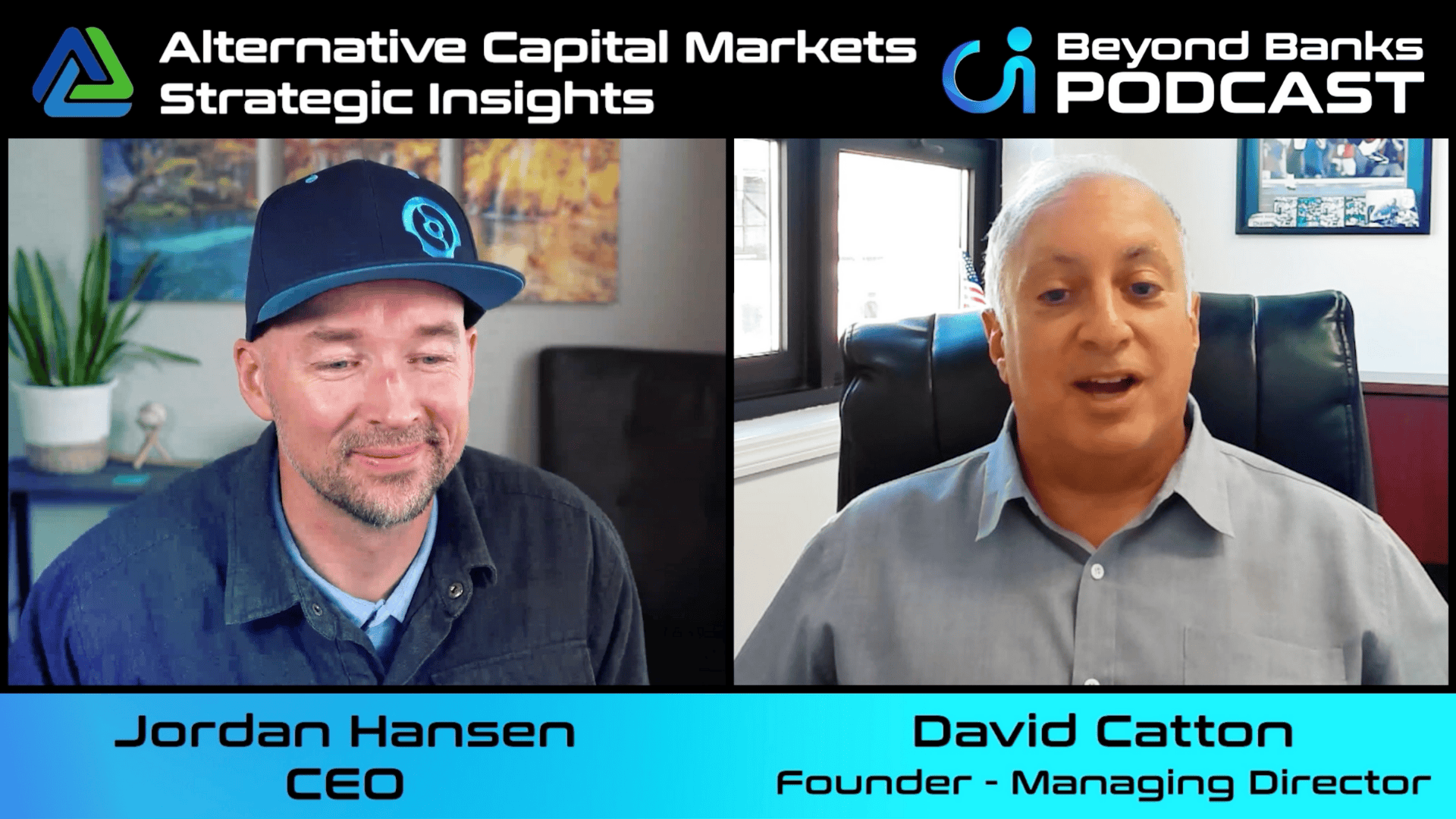
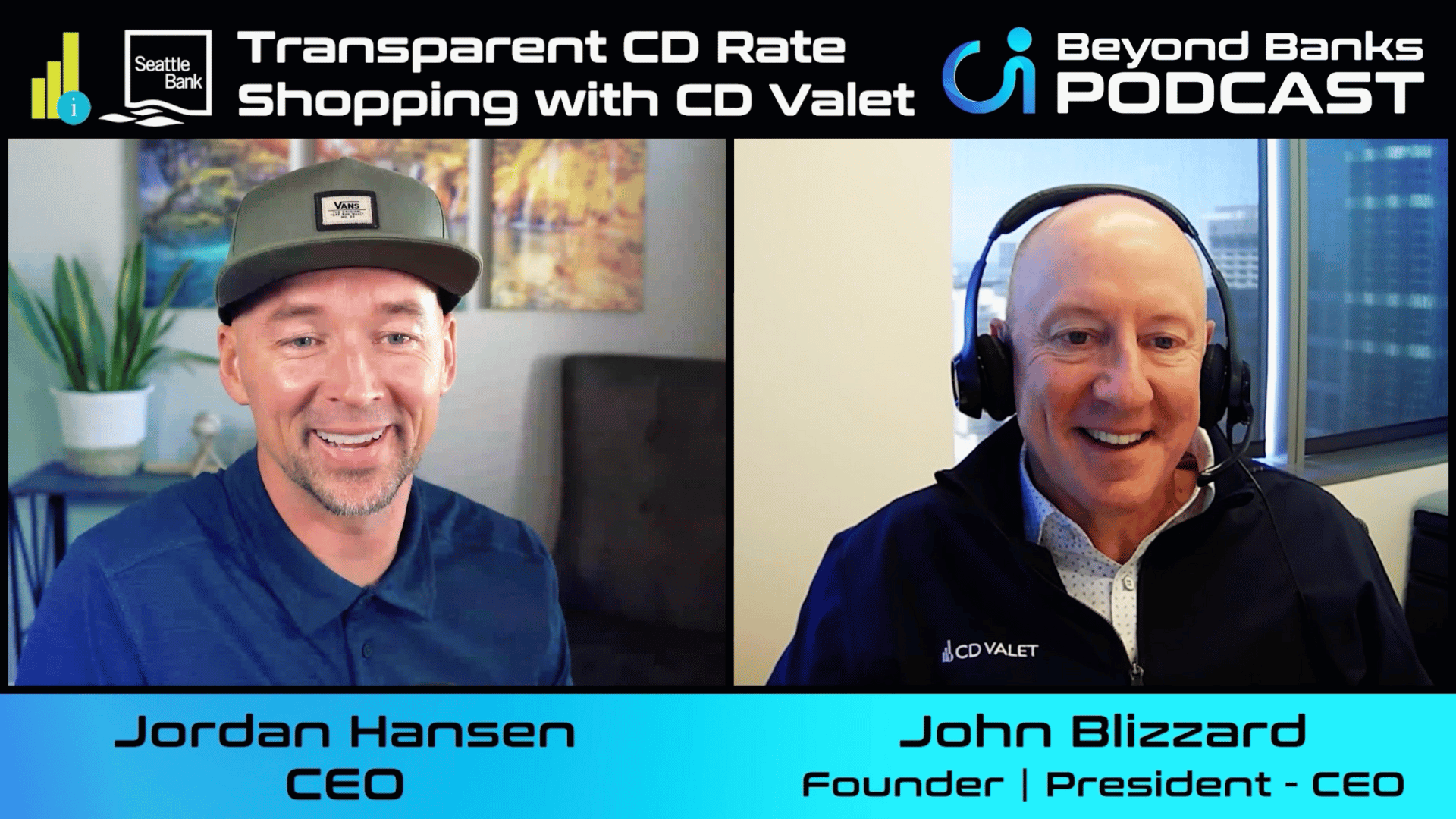


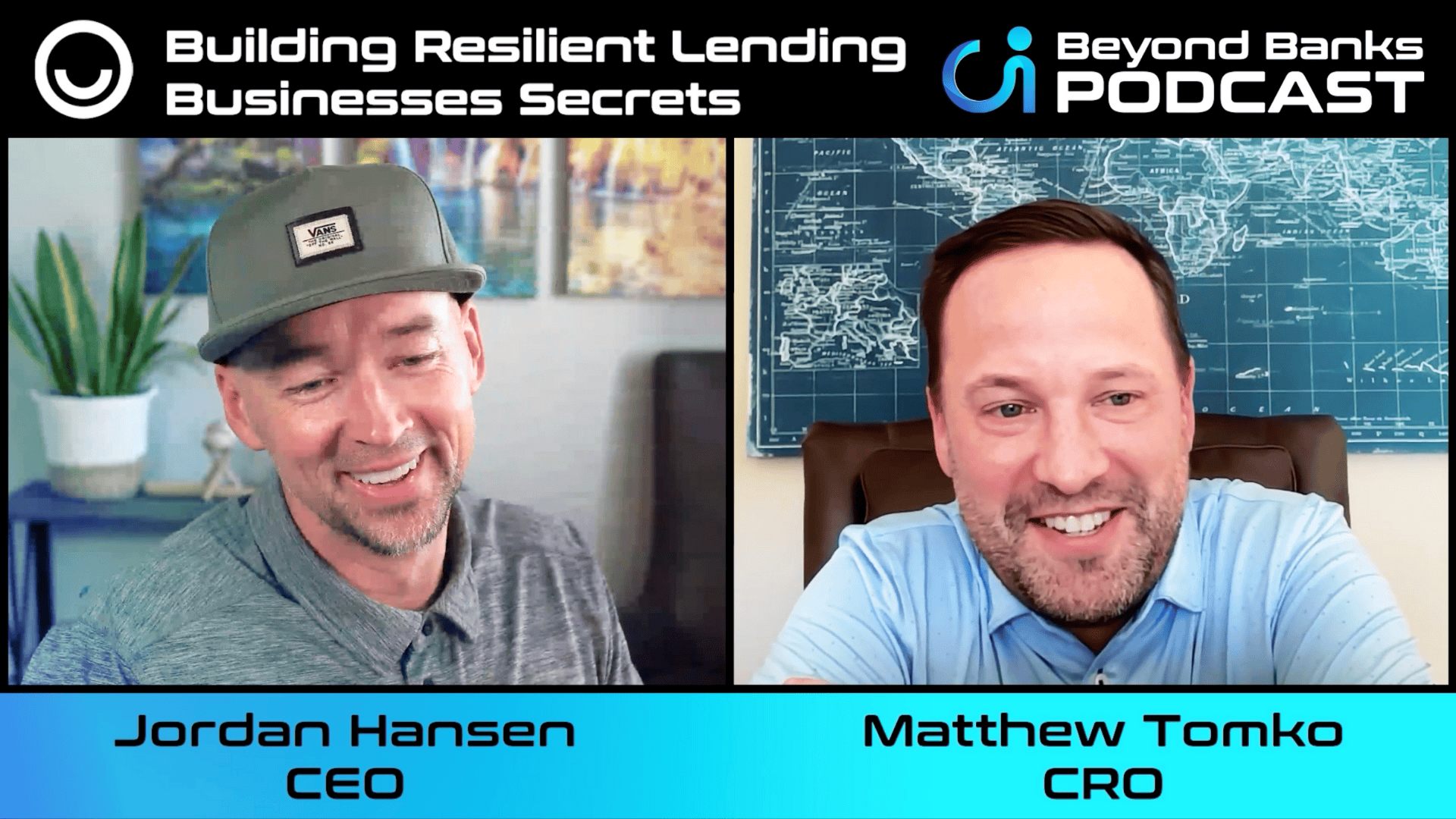

.png)

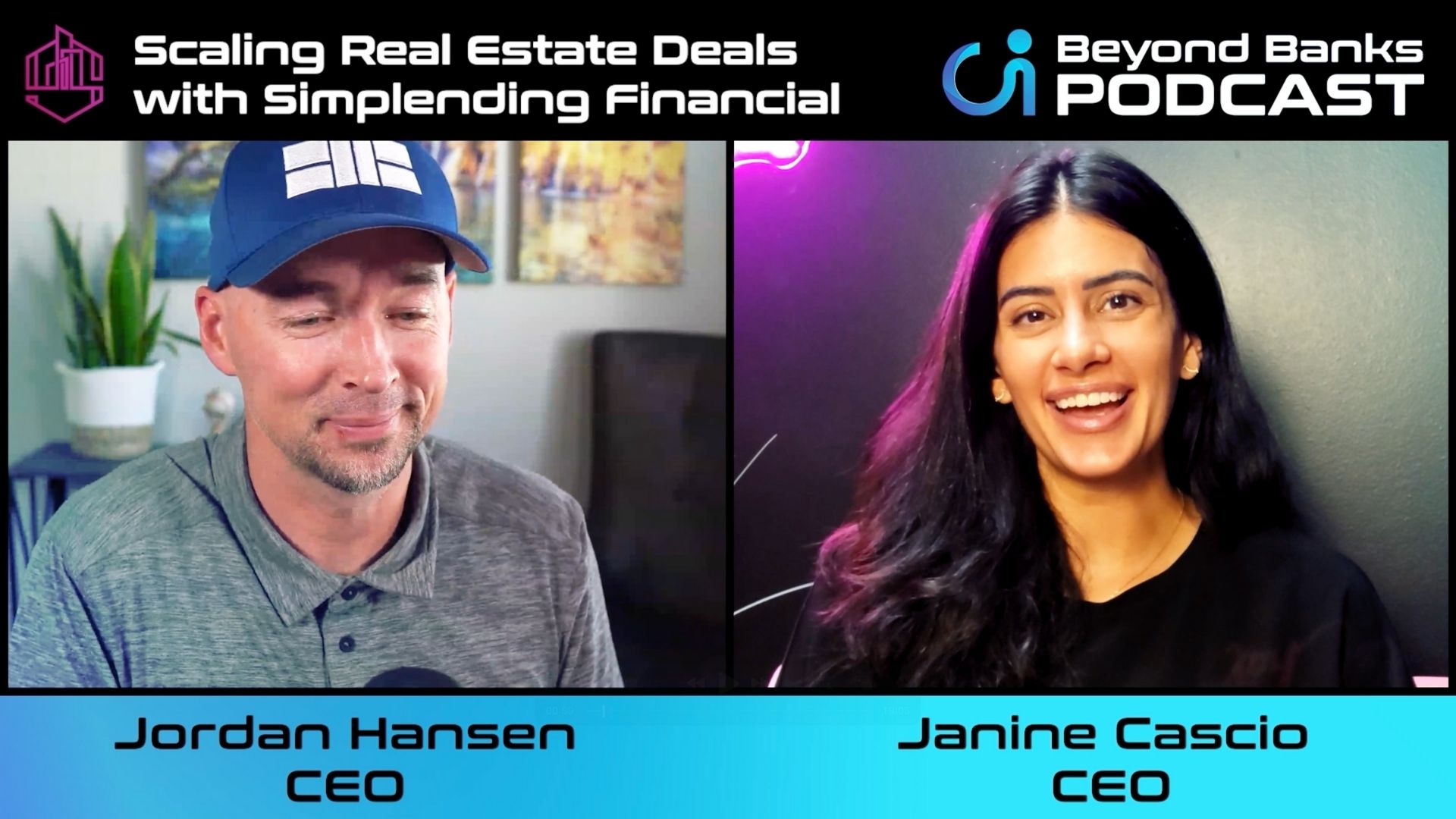
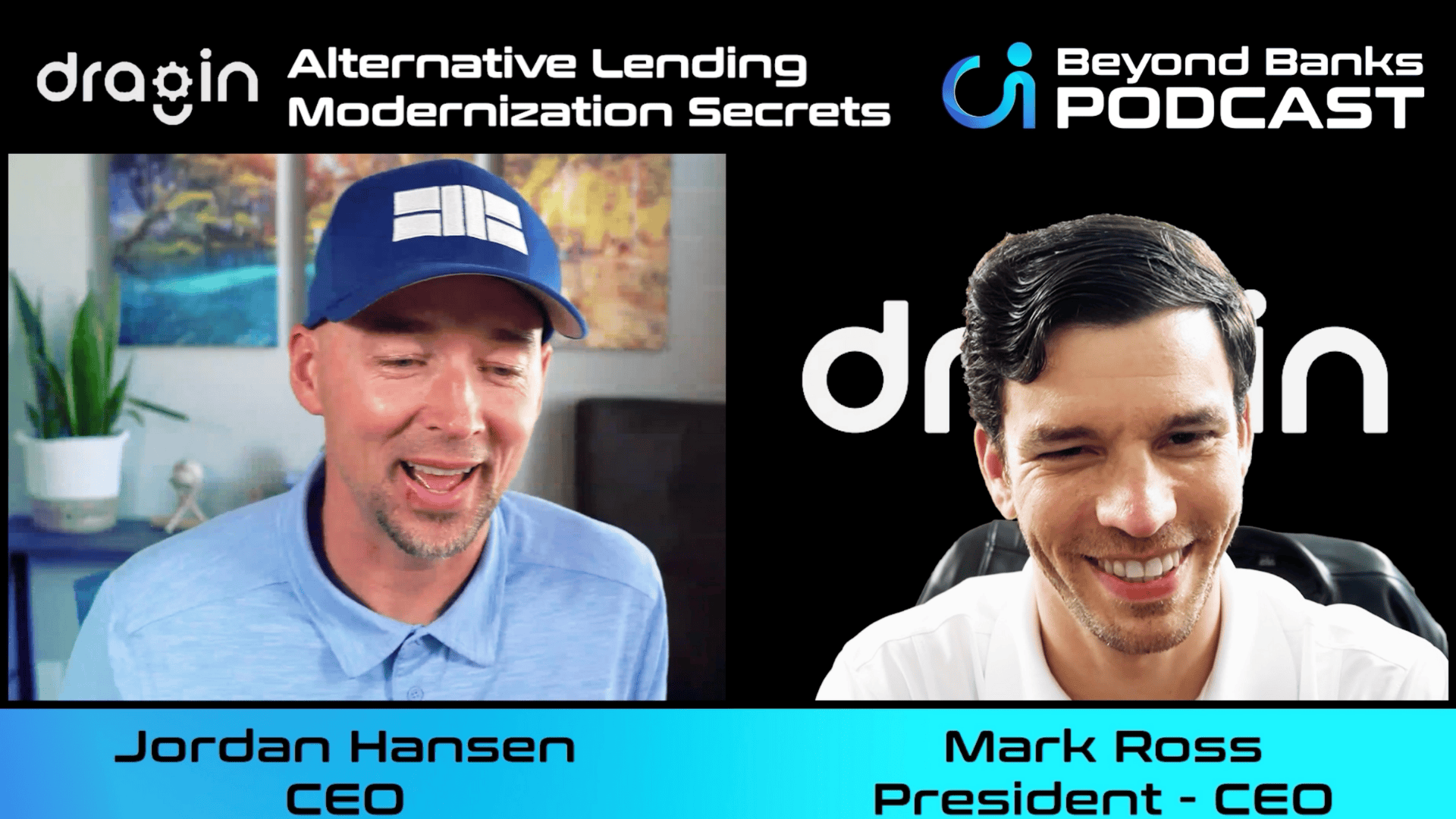
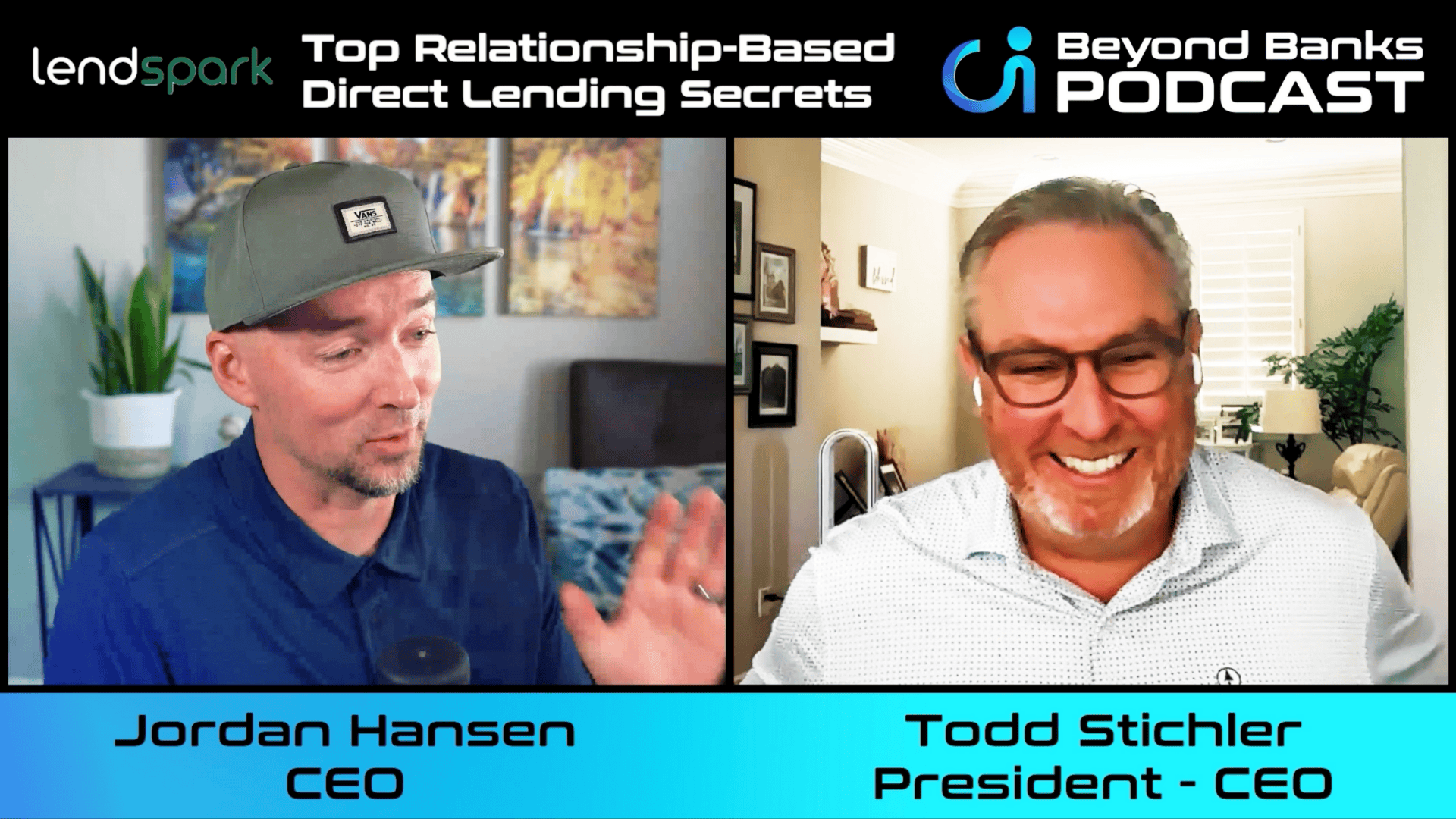
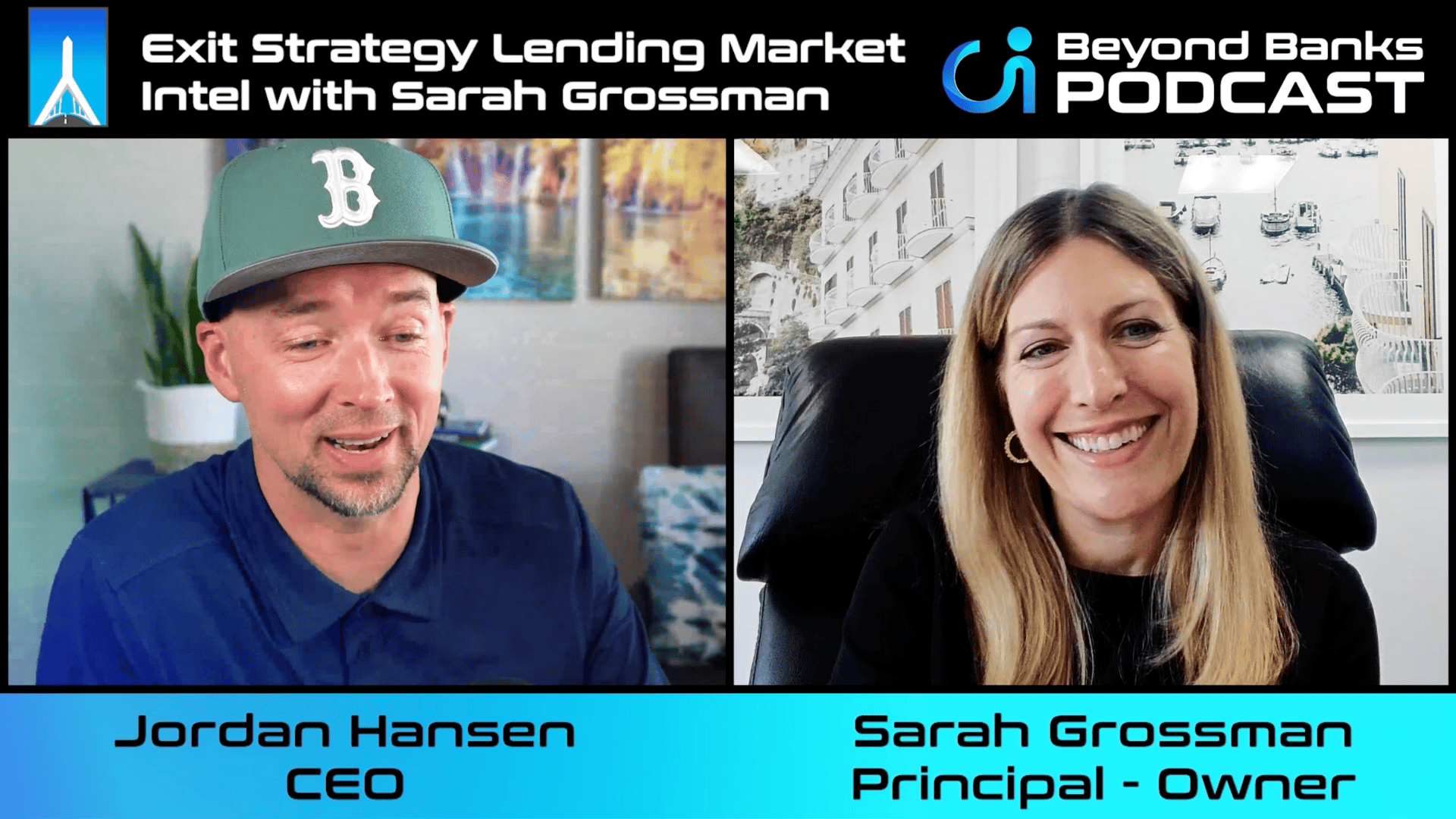
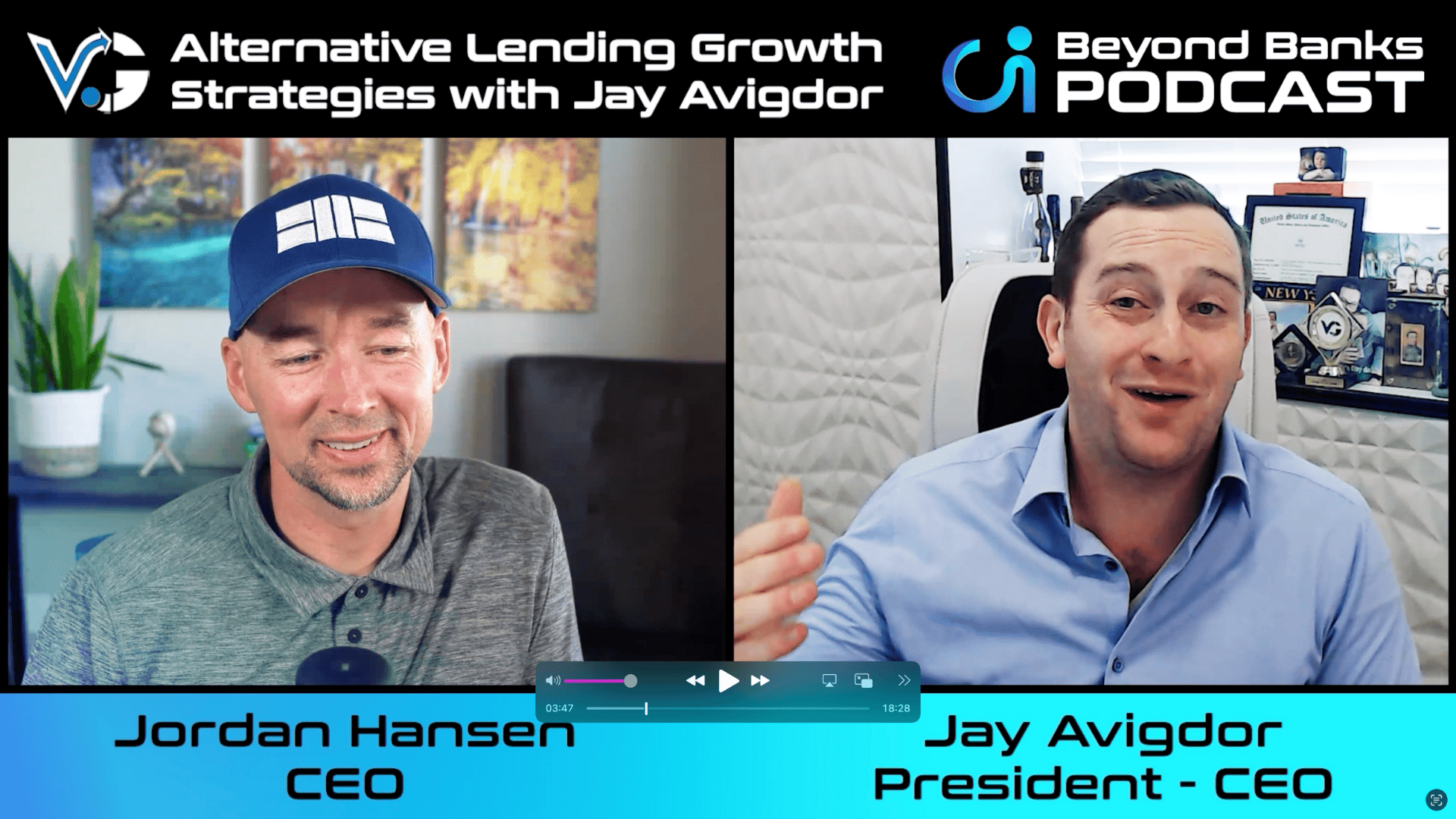
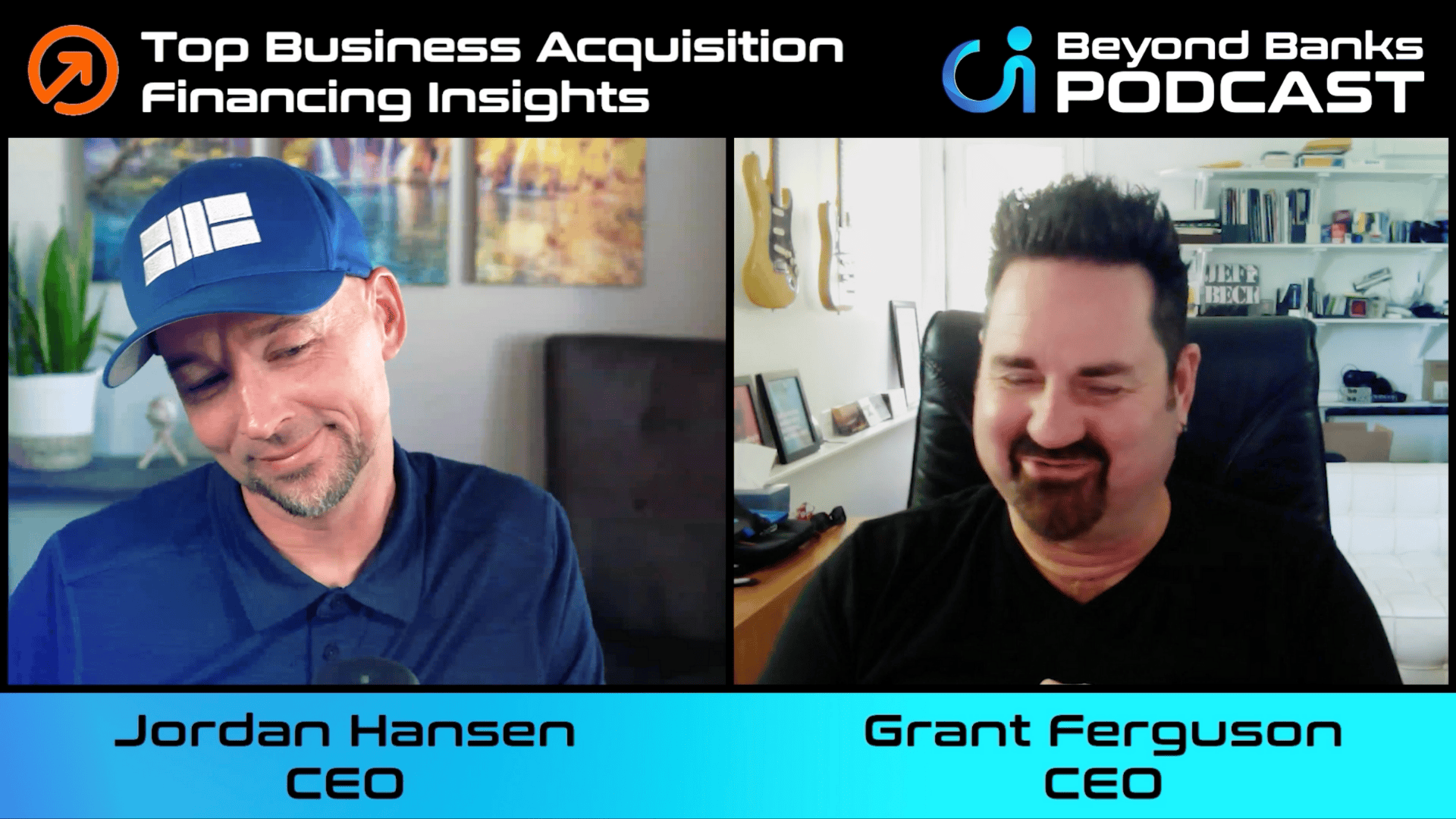
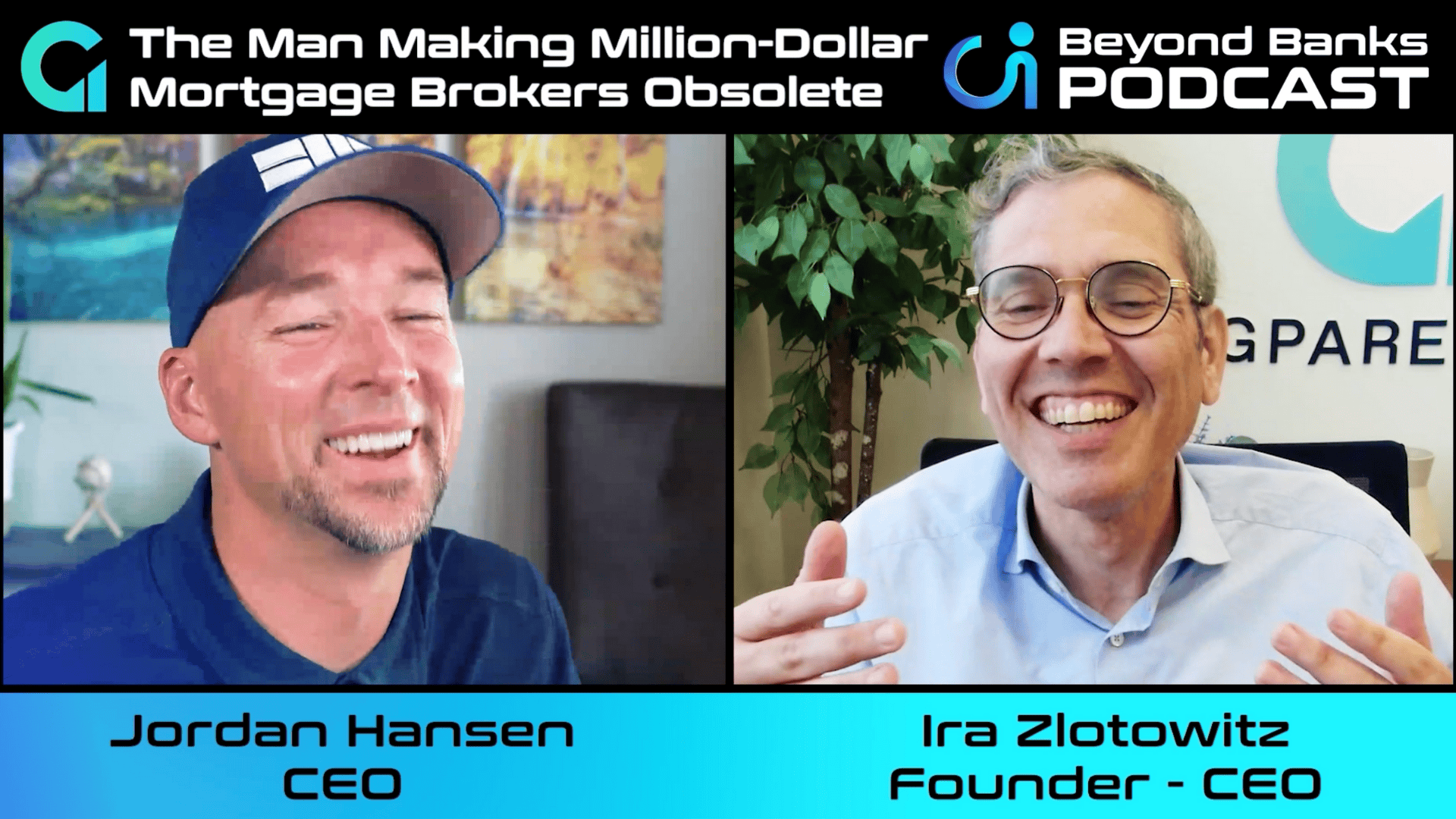
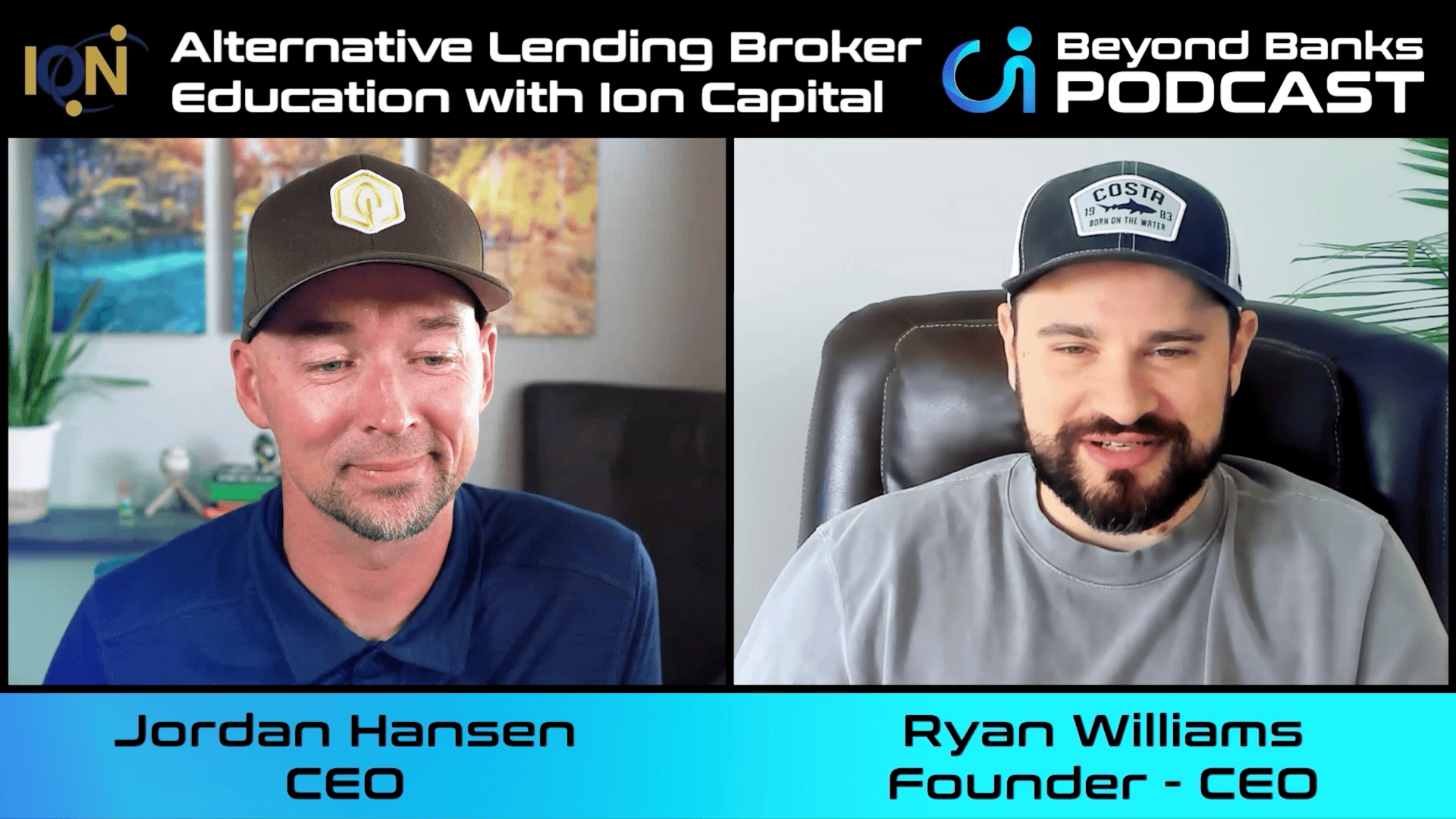
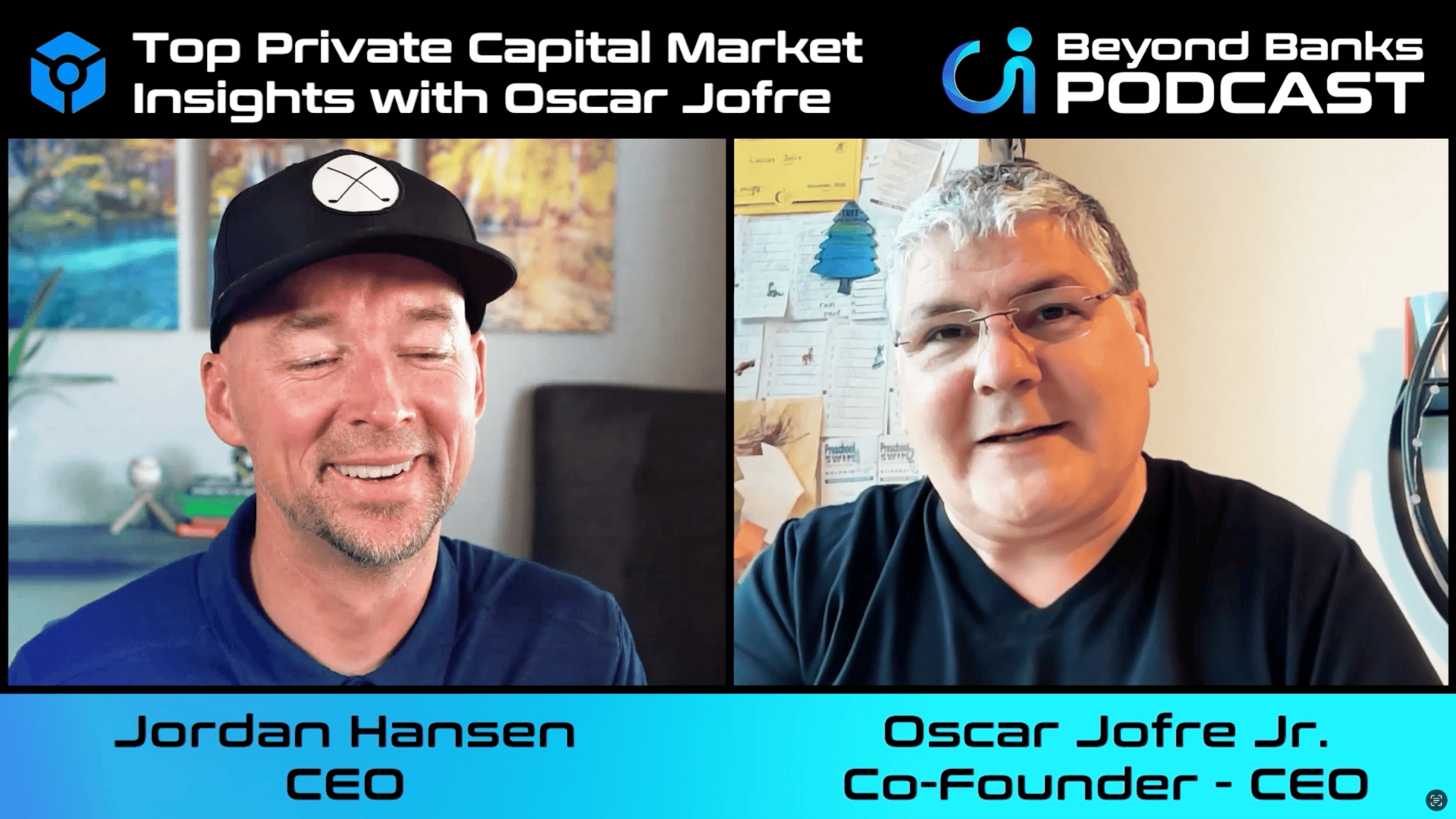

















.png)